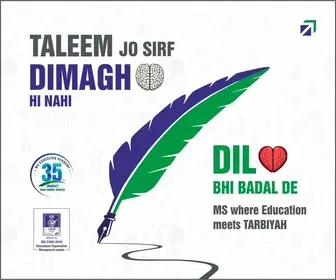
Tehran: Iran’s nuclear programme continues to be a subject of international debate, with Tehran reiterating its commitment to peaceful, civilian applications of nuclear technology. The statement, issued by the Consulate General of the Islamic Republic of Iran in Hyderabad, outlines the country’s emphasis on using atomic science for national development — particularly in agriculture, healthcare, and environmental protection.
This reaffirmation of civilian intent comes at a time when Iran prepares to resume diplomatic talks with European nations amid lingering concerns over enrichment levels and transparency.
The upcoming meeting on Friday, July 25, in Istanbul will bring together representatives from Britain, France, and Germany—known as the E3—alongside the European Union’s foreign policy chief, Kaja Kallas. The meeting follows earlier indirect negotiations in Oman and comes in the wake of a June conflict during which Israel and the United States launched strikes on nuclear-related sites inside Iran.
Civilian focus: agriculture, health and environment
According to the press note, Iran sees its nuclear advancements as key to addressing domestic challenges, especially those linked to its semi-arid geography and growing population.
In agriculture, Iran has applied nuclear techniques since the 1970s to improve food security. Technologies like irradiation and microwave drying are used to disinfect and preserve produce, while hydrophilic materials help retain water in arid soil conditions, boosting efficiency in farming.
The healthcare sector has also benefited from nuclear innovation. The Atomic Energy Organisation of Iran (AEOI) produces over 68 types of radiopharmaceuticals, which are used in diagnosing and treating diseases such as cancer. Many of these medical products are exported to more than 15 countries. Iran has also developed the capacity to manufacture stable isotopes, including Tellurium‑130 and Iridium‑191, which are crucial for advanced medical imaging and treatment.
On the environmental front, plasma-based nuclear systems are being deployed to treat wastewater from industries such as petrochemicals and textiles. These methods eliminate pollutants without generating harmful sludge, offering an eco-friendly alternative to conventional systems.
Monitoring and renewed diplomacy
The Iranian government maintains that all nuclear activities are for civilian use and operate under the oversight of the International Atomic Energy Agency (IAEA). Despite this, concerns from Western powers over uranium enrichment levels and transparency have led to renewed calls for dialogue.
Since the collapse of the Joint Comprehensive Plan of Action (JCPOA) following the US withdrawal in 2018, multiple indirect rounds of talks have taken place, including five held in Oman. The upcoming meeting in Istanbul marks the first formal round since June’s escalation, and both Iranian and European sides have expressed cautious optimism about the outcome.
Iran’s consulate underscores that its atomic programme is not intended for military use but is instead focused on scientific progress and public benefit. As diplomatic channels reopen, the spotlight remains on whether dialogue can bridge gaps and reinvigorate cooperation.
Note: The article has been updated for clarity.


